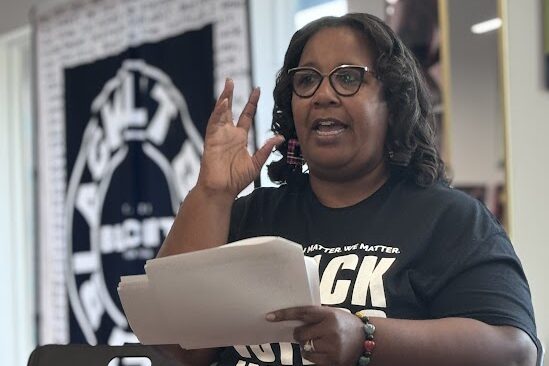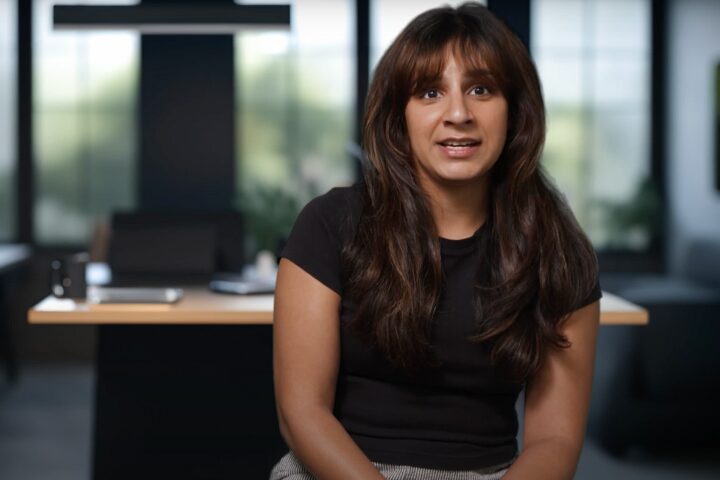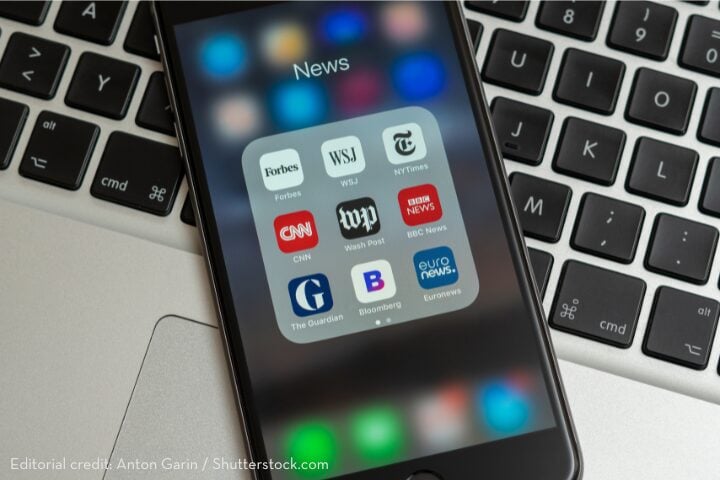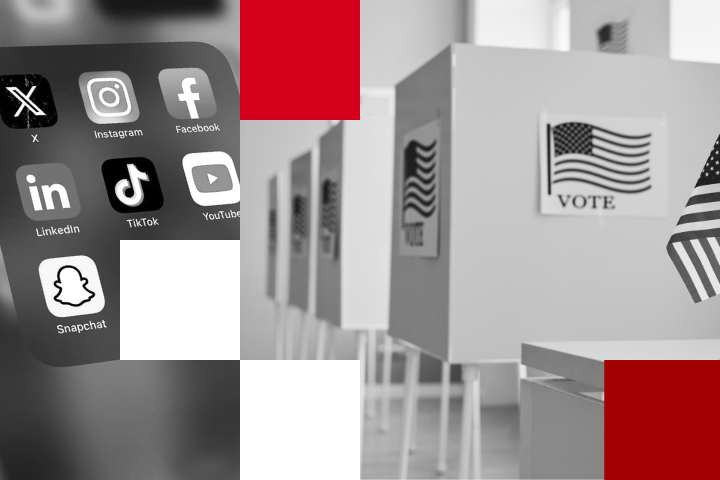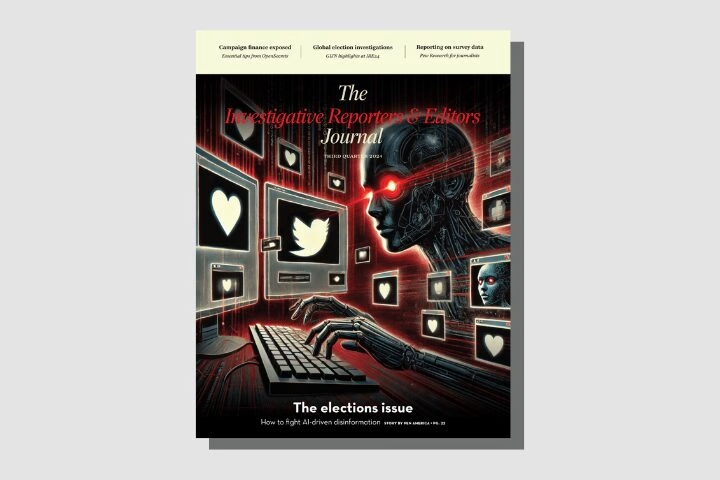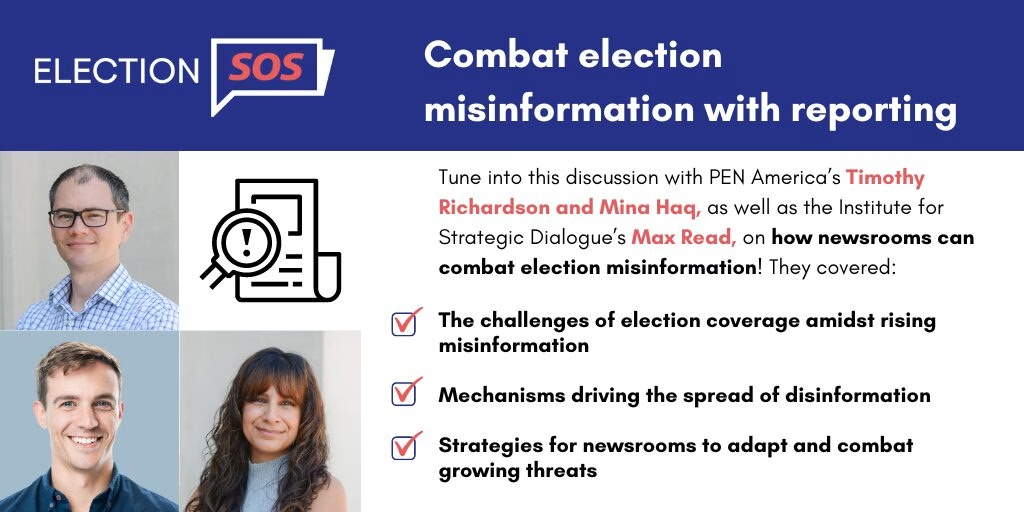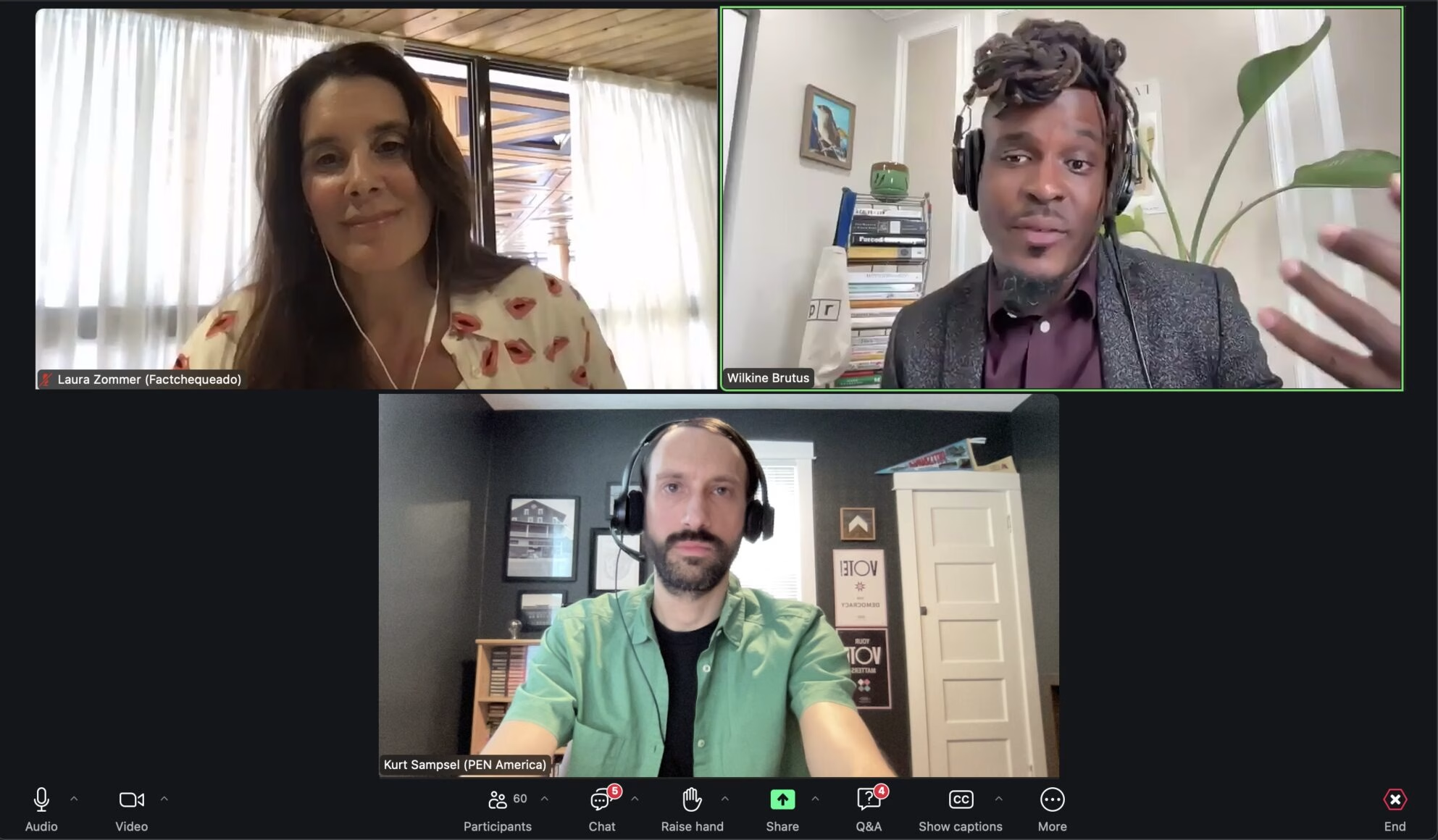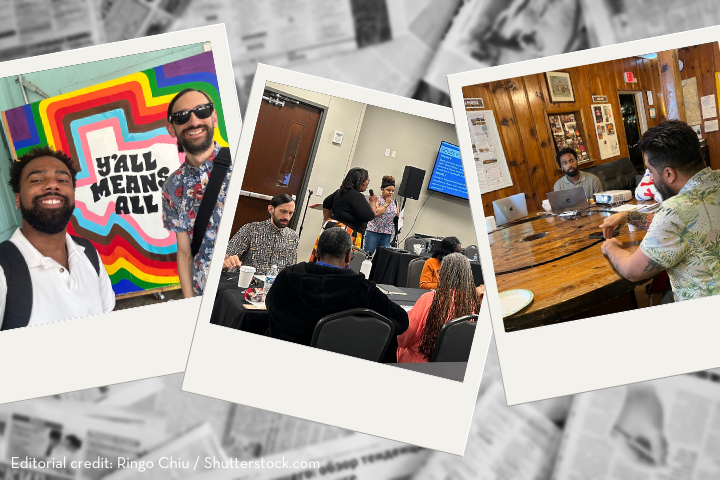
Yotam Ophir is an associate professor of communication at the University at Buffalo who studies media, persuasion, misinformation, conspiracy theories and extremism. PEN America talked to Ophir about how the news media can improve when covering extremist beliefs and conspiracy theories, what the media learned from Trump’s first term, and what role he thinks disinformation might have played in the election cycle.
This interview has been edited for length and clarity.
There’s been debate about whether – and how much – disinformation played a role in the 2024 election. What role do you think disinformation played in the results?
It’s hard to accurately estimate the impact of specific content, or of campaign information in general, on the outcomes of something as complex as an American election. We are pretty good at estimating effects in controlled environments, like labs, but the real world is messy and impossible to control. There are, however, reasons to believe misinformation played a role in the campaigns. One of the candidates, Donald Trump, spread a disproportionate amount of misinformation on key issues, from immigration to potential election fraud. I would argue that even if it’s hard to estimate whether these or other pieces of misinformation determined the outcomes of the election, they contribute to the growing polarization in America, to distrust in politics and in democracy, and threaten the well-being of individuals and societies in the U.S. Would the outcome of the election be different if it wasn’t for misinformation? It’s impossible to say with certainty.
What role do you think beliefs among young men, who swung big for Trump, played in the outcome? What advice do you have for people who are trying to appeal to this group of young men who have felt left behind and, because of that, are falling into more radical online spaces?
It is clear different sub-populations expressed different concerns and grievances that both parties will need to address in future elections. It does seem as if one line of contention at the moment has to do with gender. But that’s also true for race and for social class. The Democrats did underperform with multiple populations they had high hopes for, and they will need to do their homework and evaluate what they should have done differently.
As for extremism, I am in a position to say that there are reasons to worry about the rise of extremism in America, and especially the normalization and mainstreamization of far-right ideologies around race and gender. There is no simple solution though. A comprehensive approach will require a combination of education (with a focus on media literacy), regulation (especially of social media), and reforms within the two major parties, which many Americans believe are not addressing their problems sufficiently. Easier said than done.
In light of the decline in trust in journalism among Americans, I think it’s time for the mainstream media to reconsider some of its assumptions and norms, and find ways to avoid prioritizing engagement and eyeballs over anything else, democratic values included.
What advice do you have for journalists covering the Trump administration, specifically figures like RFK Jr. who continue spreading falsehoods?
The media seem to have learned very little from Trump’s first years in office, or the years since he lost to Biden in 2020 in fair elections that he tried to overturn with violence. Journalists are still inclined to give Trump the time and space to spread falsehoods with no repercussions, awarding his sensationalism instead of demanding more from our leaders. To be honest, I’m far from being surprised by any of that. Trump learned in the last decade that he pays no price for spreading falsehoods, politically or otherwise, so it’s not a surprise that he continues in this path. As for journalists, their reliance on sensational phenomena like Trump is deeply embedded in the commercial logic of their profession. In light of the decline in trust in journalism among Americans, I think it’s time for the mainstream media to reconsider some of its assumptions and norms, and find ways to avoid prioritizing engagement and eyeballs over anything else, democratic values included.
As more and more people fall into false and extreme beliefs, in part because of online influencers, how do you dislodge people from those radical spaces?
It’s becoming harder for individuals to fight the waves of misinformation in our time. A real solution will include deep structural changes in the political, economic, cultural, and media industries. But until then, individuals will do well to carefully consider the reliability of the sources they get information from. A good tip is to not wrap yourself in like-minded media that always tell you you are right. We also need to remember that while no source is perfect and never will be, some institutions of knowledge, like science – and to a lesser extent journalism – do have strong mechanisms of self-correction that help them produce more valid and reliable information. The same cannot be said for YouTubers, bloggers, podcasters, or politicians.
Yotam Ophir is an associate professor of communication at the University at Buffalo, where he is head of the Media Effects, Misinformation, and Extremism lab. His work combines computational methods for text mining, analysis, experiments, and surveys to study media content and effects on political, science, and health communication. His book, “Misinformation & Society,” will come out in 2025. Ophir is a member of the Center for Information Integrity (CII) at the University at Buffalo and a distinguished fellow at the Annenberg Public Policy Center at the University of Pennsylvania.

